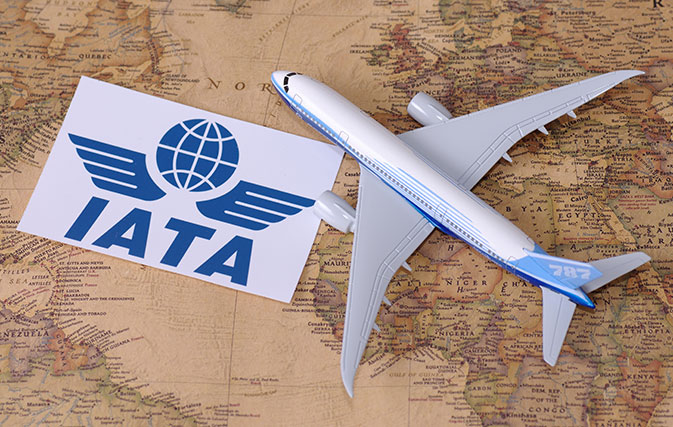SYDNEY — IATA is calling on governments to facilitate the growth of global connectivity by avoiding creeping re-regulation and addressing a capacity crisis.
The call came in the IATA Director General’s Report on the Air Transport Industry at the 74th IATA AGM and World Air Transport Summit in Sydney.
“On aviation’s core mission to deliver safe, secure, accessible and sustainable connectivity, the state of our industry is strong and getting stronger. And with ‘normal’ levels of profitability we are spreading aviation’s benefits even more widely. But there are challenges. Smarter regulation needs to counter the trend of creeping re-regulation. Global standards must be maintained by the states that agreed them. And we need to find efficient solutions to the looming capacity crisis,” said Alexandre de Juniac, IATA’s Director General and CEO.
IATA notes that the deregulation of the air transport industry that began in 1978 in the U.S. ignited global changes that enabled the spread of air transport’s benefits. Competition saw the price of air connectivity fall making air transport much more accessible.
In 1978 the average person flew once every 6.6 years. Today the average is closer to once in two years.
A creeping trend of re-regulation, however, puts the gains of deregulation at risk, says de Juniac. Citing regulatory actions from around the world, he noted that regulatory over-reach now includes “attempts to prescriptively regulate passenger compensation, seat assignments, the ticket options that can be offered to consumers and prices charged for various ancillary services.”
De Juniac added: “Regulations must add value. In assessing that, regulators must recognize the power of competition and social media to safeguard consumer interests. Governments should not distort market effectiveness with regulations that second-guess what consumers really want.”
IATA’s ‘smarter regulation’ campaign asks governments to align with global standards, take into account industry input and analyze the costs of regulation against the benefits.
De Juniac called for a vigorous defense of global standards that have guided the safe and efficient development of aviation. “We must take governments to task. It is unacceptable that global standards are being ignored by the very governments that created them,” said de Juniac.
IATA is also urging governments to find sustainable solutions to ensure the infrastructure needed to meet growing demand for connectivity.
“We are in a capacity crisis. And we don’t see the required airport infrastructure investment to solve it. Governments struggle to build quickly. But with cash-strapped finances, many are looking to the private sector for solutions. We need more airport capacity. But be cautious. Expecting privatization to be the magic solution is a wrong assumption,” said de Juniac.
The privatization of airport infrastructure has not lived up to airline expectations, he added. “As customers of many airports in private hands, airlines have far too many bitter experiences. Travellers also sense the problem. According to Skytrax, five of the top six traveller-preferred airports are public. Motivated by our members’ frustration, we did our own performance benchmarking. Privatized airports are definitely more expensive. But there is little difference in efficiency or investment levels compared to airports in public hands.”
He added: “Airlines do not accept that privatizing airports must lead to higher costs. And neither should consumers or voters. How can making the transport infrastructure more expensive – which means less competitive – be a legitimate public policy objective?” said de Juniac.
The 2018 IATA AGM runs June 3 – 5 in Sydney. Next year’s event, IATA’s 75th AGM, will take place in Seoul, June 2-4, 2019. It’s the first time the South Korean capital will host the global gathering.

